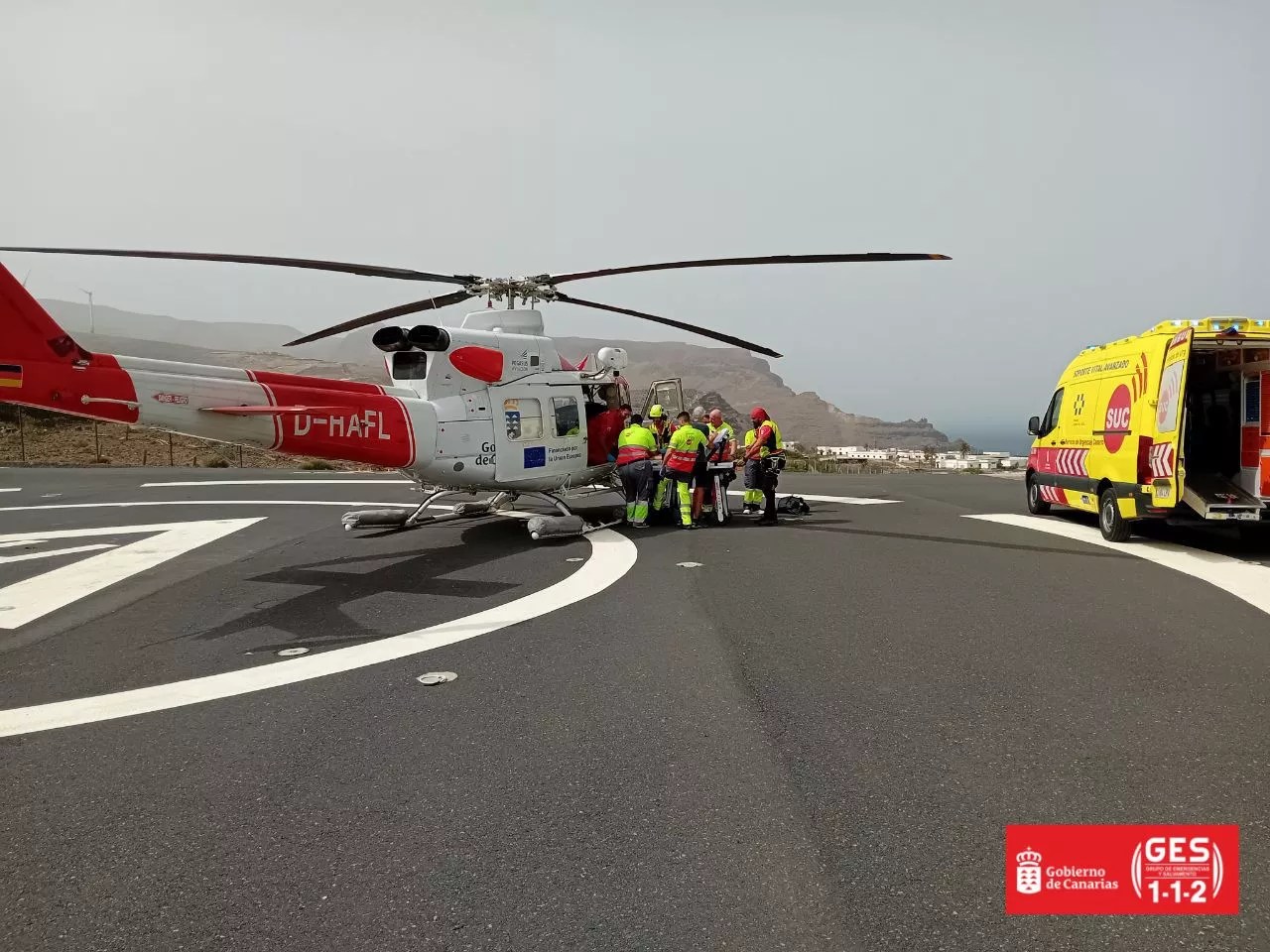SANTA CRUZ DE TENERIFE, June 8. (EUROPA PRESS) –
The Cabildo de Tenerife, through the insular area of Agriculture, Livestock and Fisheries, has launched a test project to cultivate olive trees in the La Valiera space, in Tierra Blanca, in Fasnia, in which 180 specimens have been planted of olive trees of 16 different varieties, in a farm that will serve as an experiment to define which varieties of this plant are more favorable to the climate of the south of the Island.
This study is carried out jointly with the Andalusian Institute of Agricultural Research and Training, Fisheries Food and Ecological Production (IFAPA) and its location will establish a suitable recreation area so that the volunteers and the shelter animals can make it more pleasant. your stay in it.
“The Cabildo de Tenerife has been supporting olive cultivation for some time and the result has been exceptional in terms of quality. We have products capable of competing with any other oil in the world,” said the president of the Cabildo, Pedro Martín. “Now we are trying to find the best varieties that adapt to our climate and our land and this research will lead us to determine which specialties are the best to grow in Tenerife,” he added.
The president participated, together with the mayor of Fasnia, in a symbolic act in which 19 boys and girls from the 4th year of Primary and 12 students from the Middle Cycle of Viticulture and Olive Groves participated, and in which two specimens were planted with the help of the youths.
“We want to investigate so that olive trees can be extended in places like this where there may be no other alternative for other types of fruit trees,” said the president. “If everything goes well and we find the most suitable varieties, we will be able to offer an interesting crop alternative for the coming years,” he recalled.
For his part, the mayor of Fasnia, Luis Javier González, indicated that for the municipality “all research projects are welcome”, and remarked that this, in addition, contributes to the environment and collaborates with landscape improvement, also generating landscape tourism , so “it seems to us even more propitious”. González also pointed out that the cultivar will perform a double function, related to the care of the animals in the shelter by offering them an outdoor recreation area.
The island councilor for Agriculture, Livestock and Fisheries, Javier Parrilla, specified that 16 varieties have been planted, but they can be expanded to 24. The criteria for this plantation has been agronomic, choosing plants that have to be the ones with the best chance of success. in their production they can contribute.
Parrilla specified that this type of study complements others on pest prevention or knowledge of climate change and that the collaboration with Andalusia will bear fruit by offering them our knowledge and cross-referencing information.
He explained that they will provide the necessary molecular analyzes and we will provide information on the phenology, physiology and production of the different varieties of this species in order to determine the future behavior in producing areas with Andalusia in the face of climate change.

















